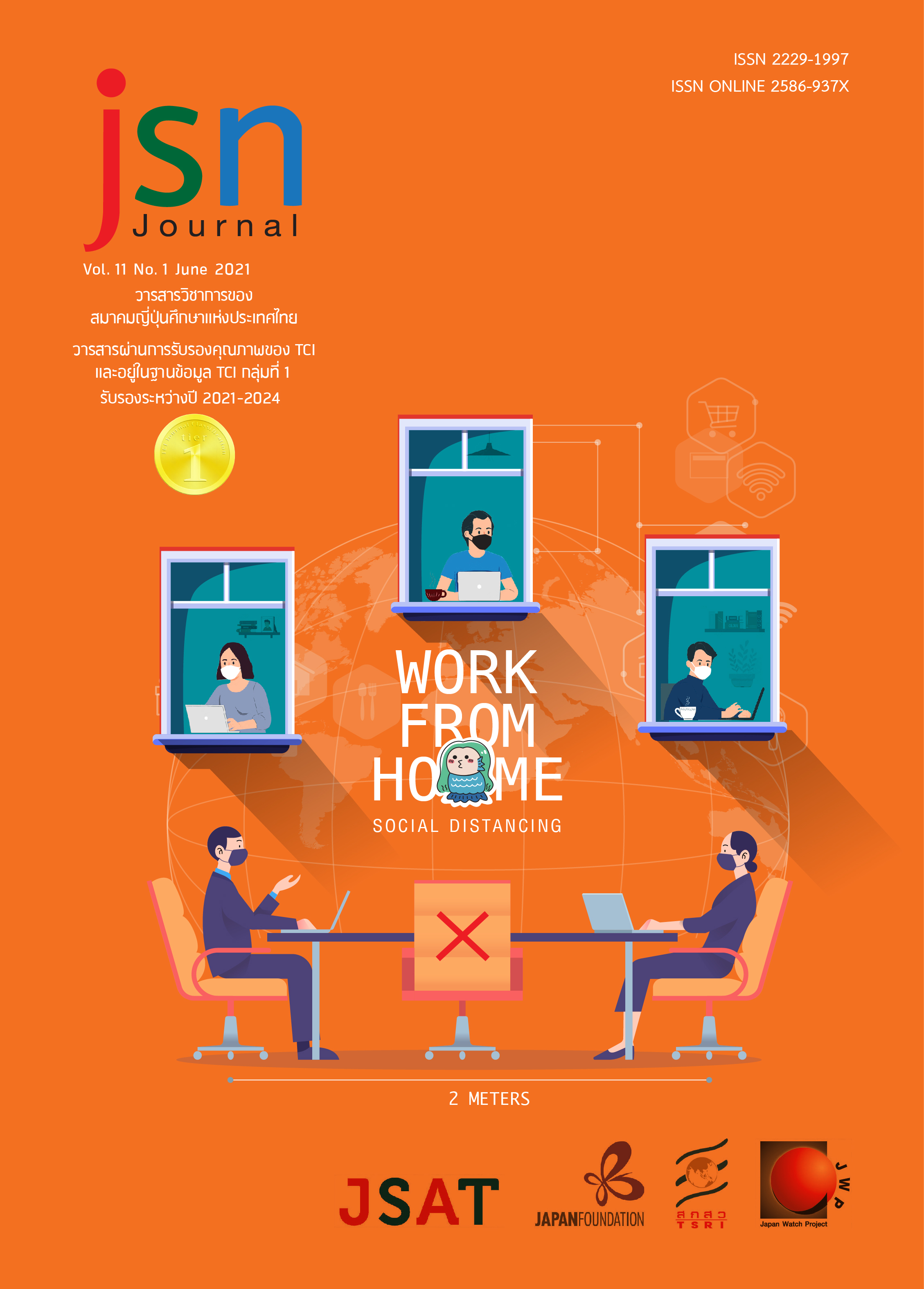Cheap and Dispensable: Foreign Labor in Japan via the Technical Intern Training Program
Main Article Content
Abstract
Japan’s decline in population and increase in life expectancy has pushed the country to increasingly depend on foreign labor in the form of unskilled workers hired through the Technical Intern Training Program (TITP). In 2020, these trainees occupied about 20% of Japan’s foreign workforce, the second highest demographic after permanent residents. This article examines the program’s myriad issues, which include: law violations, workplace abuse, illegal recruitment abroad, and denial of reproductive rights. Referencing in-depth interviews and questionnaire surveys of trainees from Vietnam, the Philippines, and Thailand working in the manufacturing sector, this article reveals the problems and pressures trainees face in Japan, especially during the COVID-19 pandemic. This article finds that, although trainee rights are technically protected by law, trainees face many difficulties involving their work, finances, and daily communication.
Article Details

This work is licensed under a Creative Commons Attribution-NonCommercial-NoDerivatives 4.0 International License.
ข้อความและข้อคิดเห็นต่างๆ ในบทความเป็นของผู้เขียนบทความนั้นๆ ไม่ใช่ความเห็นของกองบรรณาธิการหรือของวารสาร jsn Journal
References
Ministry of Health, Labor and Welfare. (2019). Current situation of Technical Intern Training Program.
Retrieved from https://www.mlit.go.jp/common/001273509.pdf
Ministry of Health, Labor and Welfare. (2018). Technical Intern Training Program. Retrieved from
http://otit.go.jp/files/user/19725.pdf. (in English)
Ministry of Health, Labor and Welfare. (2021). About Technical Intern Training Program. Retrieved from
http://www.mhlw.go.jp/content/000752687.pdf
Ministry of Justice and Ministry of Health, Labor and Welfare. (2020). About Technical Intern Training
Program. Retrieved from https://www.mhlw.go.jp/content/000633348.pdf
Ministry of Justice and Ministry of Health, Labor and Welfare. (2021). About Technical Intern Training Program.
Retrieved from http://www.moj.go.jp/content/001318235.pdf.
Ministry of Justice, Ministry of Health, Labor and Welfare. (2018). About New Technical Intern Training Program.
Retrieved from https://www.mhlw.go.jp/file/06-Seisakujouhou.../0000204970_1.pdf8
Organization for Technical Intern Training. (2019). Current situation of Technical Intern Training Program.
Retrieved from http://mlit.go.jp/common/001273509.pdf.
Strausz, M. (2019). Help (Not) Wanted- Immigration Politics in Japan. New York: State University of New
York Press.
Suolinga, S. & Heejin, K. (2020). “How Foreign Interns Contribute to SME`s Overseas Expansion,”
Annals of Business Administrative Science. 19, 159-173.
Tanno, K. (2010). “The Economic Crisis and Foreign Workers in Japan: Why Does Japan Treat Migrant
Workers as Second Class Citizens,” Japan Labor Review. 7(3).
Tian, Y. (2019). “Workers by any other name: comparing co-ethnics and `interns` as labour migrants
to Japan,” Journal of Ethnic and Migration Studies. 45 (9).
安藤真紀子(2019).「「成長のための女性活躍―移民女性はいかに権利保障から取り残されている
のか。技能実習生のリプロダクティブヘルス/ライツを中心に―」(国際開発学会「人の移動
と開発」研究部会、明治大学院大学.2019年9月20日) .
鈴木江理子(2010).「外国人労働者」と呼ばれる人びとの諸相ー在日外国人と階層分化」渡戸一郎他編
『多民俗化社会・日本-〈多文化共生〉の社会的リアリティを問い直す』明石書店.
巣内尚子(2019).『奴隷労働-ベトナム人技能実習生の実態』東京:花伝社.
外国人技能実習生権利ネットワーク・日本カトリック難民移民移動者委員会(J-CaRM) (2020)「ベトナム
人技能実習生ホットライン開催報告」第1回、2回、3回-2020年6月~8月.
https://www.jcarm.com/wordpress/wpcontent/uploads/2020/12/d89dc0e16915f0752856cdee07e
f052.pdf.
張紀潯・張一成(2020).「外国人技能実習生度とその課題」The Josai Journal of Business Administration.
(1), 9-34.
宮島喬・鈴木江里子(2019).『新版 外国人労働者受け入れを問う』東京:岩波書店.
村上英吾(2019). 「外国人技能実習制度と貧困」『貧困研究』22:66-74.
湯山英子・設樂澄子(2018).「北海道における在留ベトナム人の現状と課題-技能実習生の実態調査
から」『平成30年度助成研究論文集』(一財)北海道開発協会開発調査総合研究所、115-139.


